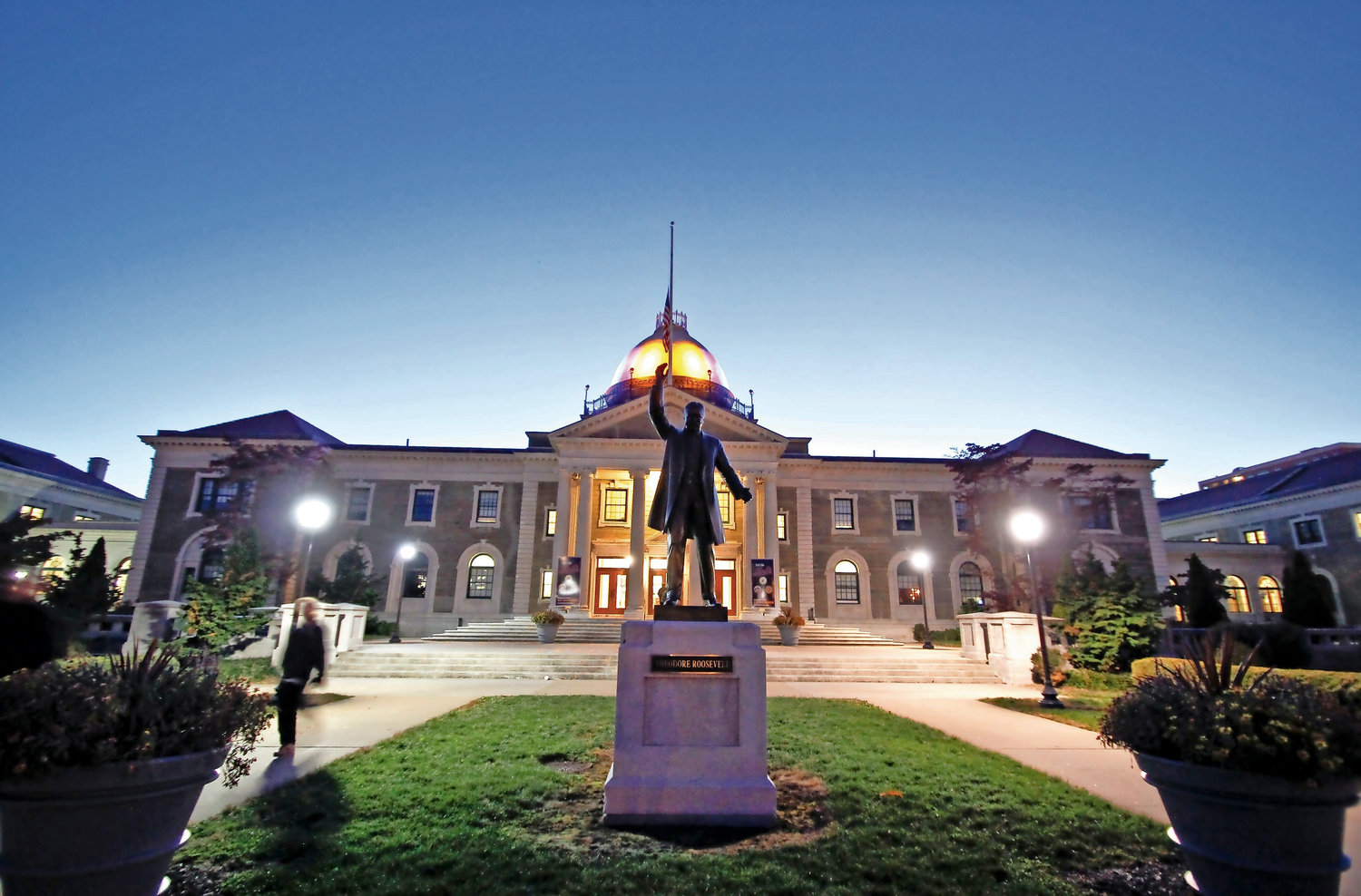Judge rules for county in sales tax dispute
A Nassau County Supreme Court judge ruled in favor of the county and its various townships on July 26 in a dispute over the distribution of state sales tax revenue to villages.
In June 2018, 27 villages filed a joint Article 78 notice of claim that eventually evolved into a lawsuit alleging that under state Tax Law Section 1262-e, villages within Nassau County are owed one-sixth of the revenue that the county collects in state sales tax. In his decision, however, County Supreme Court Justice Steven Jaeger ruled that according to the language of the law, the county is not obliged to distribute sales tax revenue to villages, and instead the amount owed is negotiable with the County Legislature up to one-sixth of what is collected.
Freeport Mayor Robert Kennedy, who led the charge to get villages what he called their “fair share” of sales taxes, said, “I believe there is a need to fairly distribute tax revenues collected by New York state and forwarded to Nassau County to all of the villages and not just a select few, which is currently done. Freeport needs a portion of the sales tax, which is collected from our retail businesses — over $15.8 million a year to help rebuild and maintain our businesses throughout the village.”
Kennedy also said that if Freeport were to receive a greater share of sales taxes, he “would use the monies to help pay for some of the brick-and-mortar stores’ costs and municipal fees,” including fees to the health and building departments and the fire marshal.
He vowed to appeal the ruling, noting that he believed there were errors in the court’s opinion.
“We are disappointed that the court did not rule in favor of all the villages that have a vested interest in this issue,” Valley Stream Mayor Ed Fare said. “We will have to discuss further initiatives on sales tax revenue in the future.”
The dispute stems from a 1983 state environmental conservation law mandating that all landfills on Long Island be closed. In order to defray the increased costs of municipal waste management as a result of the closures, in 1984 the State Legislature passed Tax Law Section 1262-e mandating that towns and cities in Nassau County receive one-third of the sales tax revenue received by the county.
In 1997, the tax law was further amended to include villages, which would be eligible for up to one-sixth of the sales tax revenue allotted to the county.
In the intervening years, the Town of Hempstead and various Nassau County executives had reportedly negotiated the distribution of sales tax to the county’s villages for waste management services successfully, according to the suit, but in 2009 the negotiations stopped.
Spearheading the effort to obtain more sales tax revenue from the county and towns, the Village of Freeport filed a notice of claim in 2018 with various other villages in the county.
This year, Nassau County has distributed $39 million in state sales tax revenue to the Town of Hempstead, which in turn has given roughly $119,000 to the Village of Freeport, according to an inter-departmental memo sent to the County Legislature. Valley Stream spent $4.5 million on waste collection and removal in the 2018-19 fiscal year, according to the village budget. In 2016, Freeport generated $6.2 million in sales tax, according to records submitted along with the suit.
Drawing on legal precedents, however, Jaeger said that for years the parties involved were aware that the amount of sales tax revenue villages are eligible for was subject to negotiation.
“Legislative history makes clear, the county and villages understood that this was to be the basis for negotiation, not a right of the villages,” he wrote.
Other issues at play in the suit included allegations that the towns had used village population statistics to artificially inflate their share of sales tax revenue, and a request by the villages to eliminate a statute of limitations on when that revenue could be returned to the villages should they prevail in the suit. Both were thrown out due to lack of evidence and legal precedent.
Nassau County and Town of Hempstead officials could not be reached for comment by press time on Wednesday.

 50.0°,
Overcast
50.0°,
Overcast 




